Vegetarian food is becoming increasingly popular, but with its rise in popularity comes a wave of myths.
Some believe that a plant-based diet is automatically healthy, while others think it’s impossible to get the necessary nutrients without meat.
In this article, we debunk 10 of the most widespread myths
Myth 1: Plant-based diets are always healthy

A vegetarian diet can be healthy, but it depends on what you eat.
Just because something is plant-based doesn’t mean it’s nutritious. For example, potato chips are vegetarian, but they’re far from a healthy choice.
Additionally, some meat substitutes contain high amounts of salt and additives, which can contribute to unhealthy eating habits.
Myth 2: A vegetarian diet guarantees weight loss
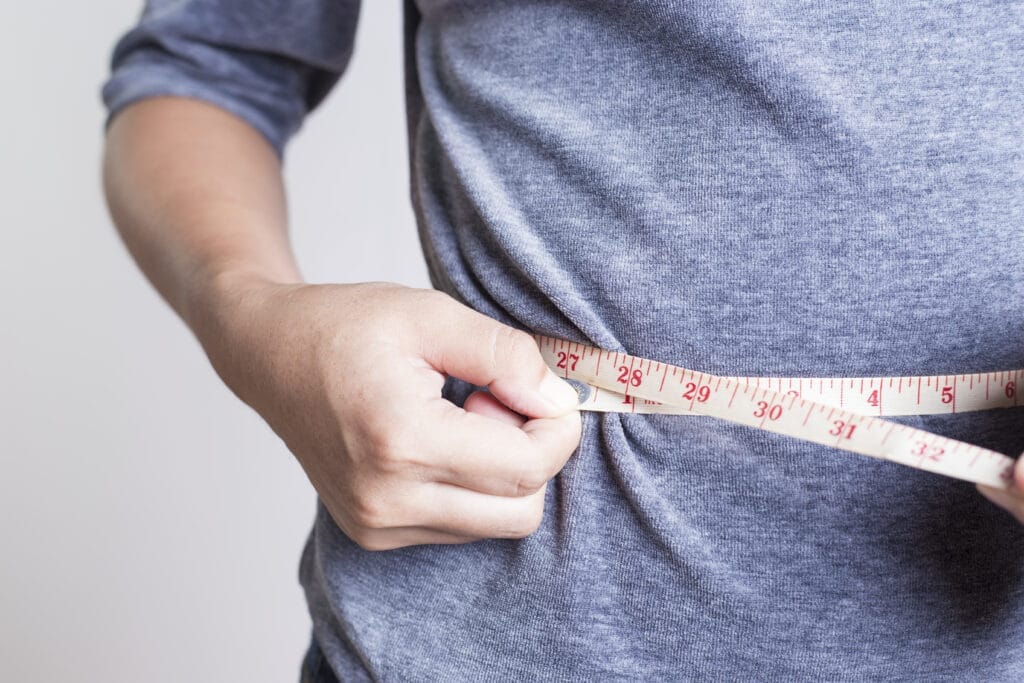
Eating a plant-based diet doesn’t necessarily mean you’ll lose weight.
Like any other diet, it’s important to maintain a balanced intake and be mindful of calories.
Studies show that plant-based diets can aid in weight loss, but they still require attention to portion sizes and nutrient balance.
Myth 3: Vegetarians don’t get enough protein
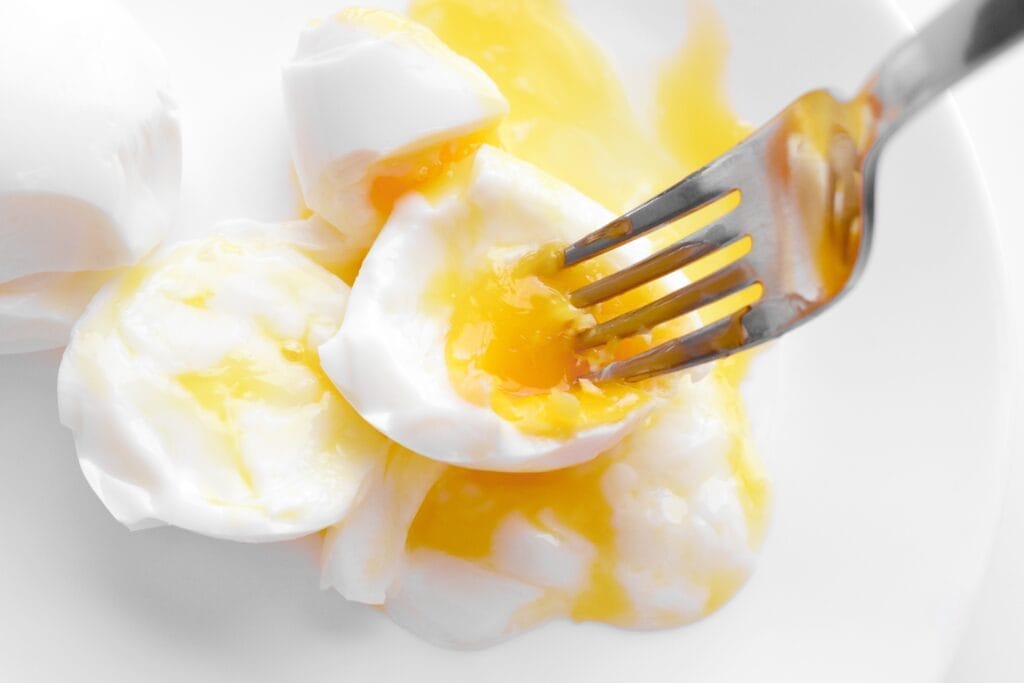
This is one of the most common myths.
The truth is that there are plenty of plant-based protein sources, including lentils, beans, tofu, eggs, and even vegetables like spinach and broccoli.
Even athletes can easily meet their daily protein needs with a well-balanced vegetarian diet.
Myth 4: You can’t build muscle without meat

This myth is closely related to the previous one.
Plant-based protein sources like quinoa, chia seeds, and edamame are just as effective for muscle building as animal proteins, as long as the diet is properly balanced.
Myth 5: Vegetarians can’t get enough vitamin B12
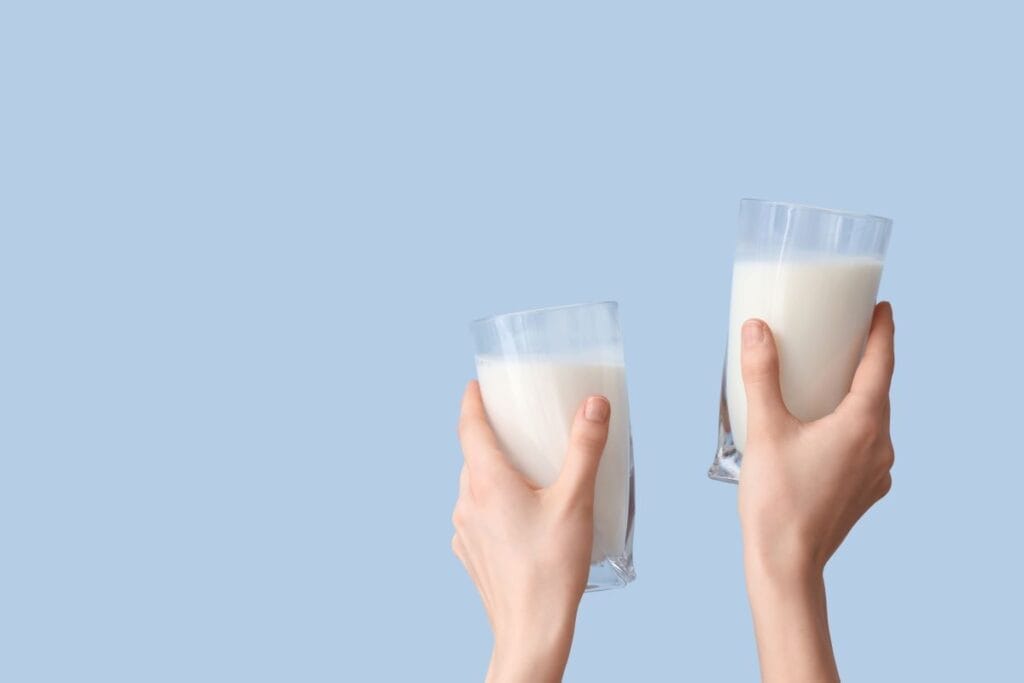
It’s true that B12 is primarily found in animal products, but vegetarians can still get it from eggs and dairy.
Additionally, B12-fortified foods such as plant-based milk and supplements ensure an adequate intake.
Myth 6: Soy increases the risk of breast cancer

There is no strong evidence to suggest that soy increases the risk of breast cancer.
In fact, studies indicate that soy may actually reduce the risk, especially in women who consume it regularly.
Previous concerns were based on animal studies, but humans metabolize soy differently than rodents.
Myth 7: Pregnant women need meat

Pregnant women can get all the necessary nutrients from a well-planned plant-based diet.
Nutrients like iron, omega-3, and B12 can be obtained through supplements and fortified foods, making it possible for vegetarians to have a healthy pregnancy without meat.
Myth 8: Plant-based food is expensive
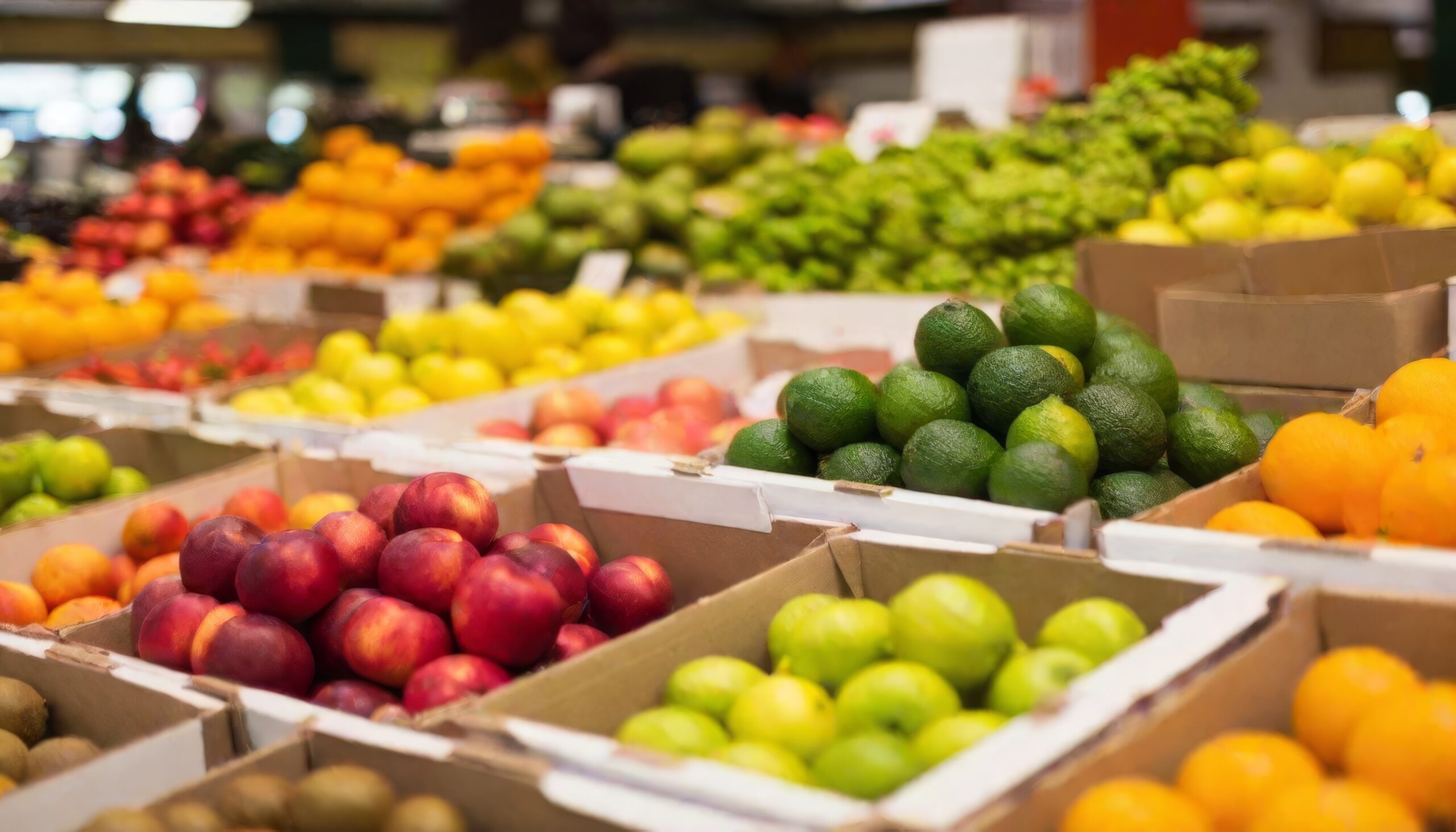
While some meat substitutes can be pricey, a simple vegetarian diet based on lentils, beans, rice, and vegetables can actually be much cheaper than a meat-based diet.
Buying fresh, seasonal produce can also help keep costs low.
Myth 9: Children can’t grow properly on a vegetarian diet

There is no evidence to suggest that children can’t get all their essential nutrients from a plant-based diet.
The key is to ensure variety and proper planning.
Myth 10: It’s hard to get enough iron as a vegetarian
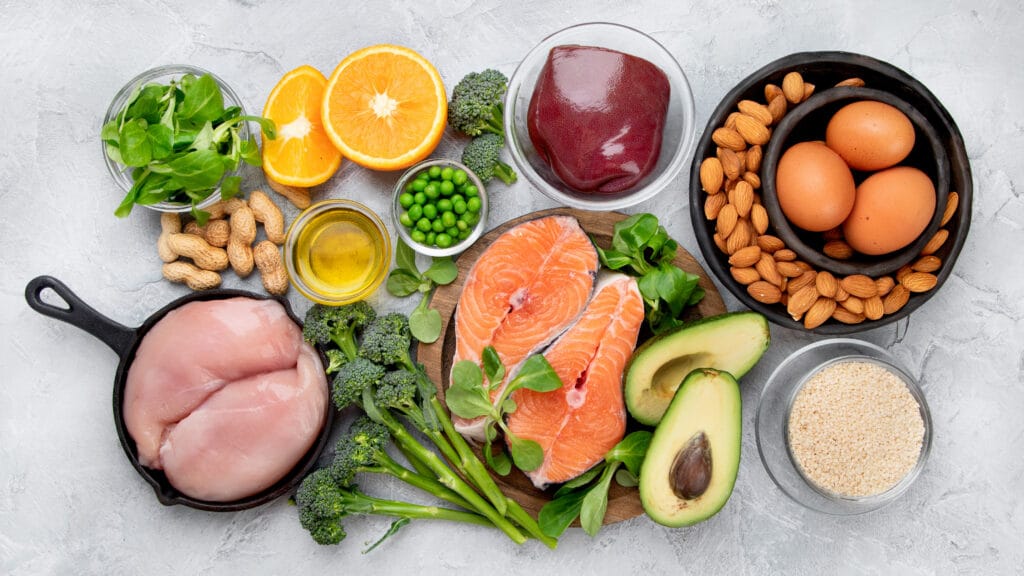
While plant-based iron is absorbed less efficiently than iron from meat, vegetarians can still get enough iron from foods like spinach, lentils, quinoa, and pumpkin seeds.
Pairing iron-rich foods with vitamin C, such as lemon juice, can significantly enhance absorption.
The article is based on information from Medical News Today.
